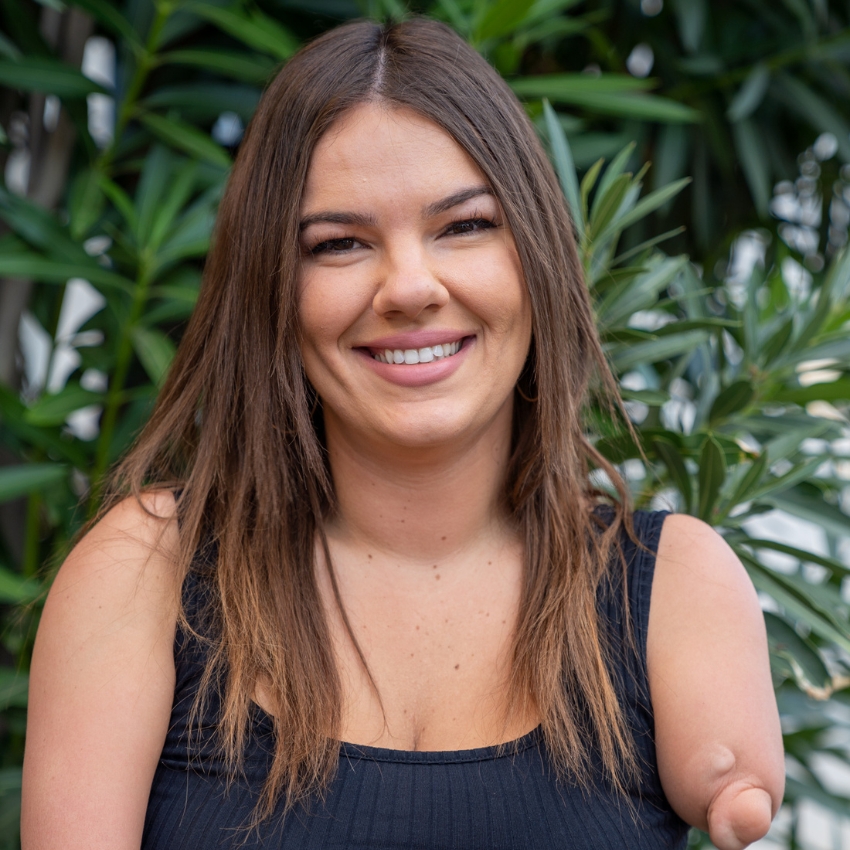After graduating from her accounting degree, Daniella Biagi really struggled to get a job. She had no problem getting to the interview stage, but she said there was always an elephant in the room that no one wanted to talk about.
This podcast episode was funded by the National Disability Insurance Agency through a Purple Orange initiative called Road to Employment.
Please note: This episode mentions Job Access, a government funded program aimed at increasing employment opportunities for people living with disability.
Job Access provides free workplace assessments and funding for workplace modifications and equipment through the Employment Assistance Fund (EAF).
This episode states that it takes five days to assess an EAF application. However, the time to assess an EAF application and refer for workplace assessment may vary depending on the individual circumstances of the application. Generally, it takes from 5-10 working days to assess and refer for assessment.

